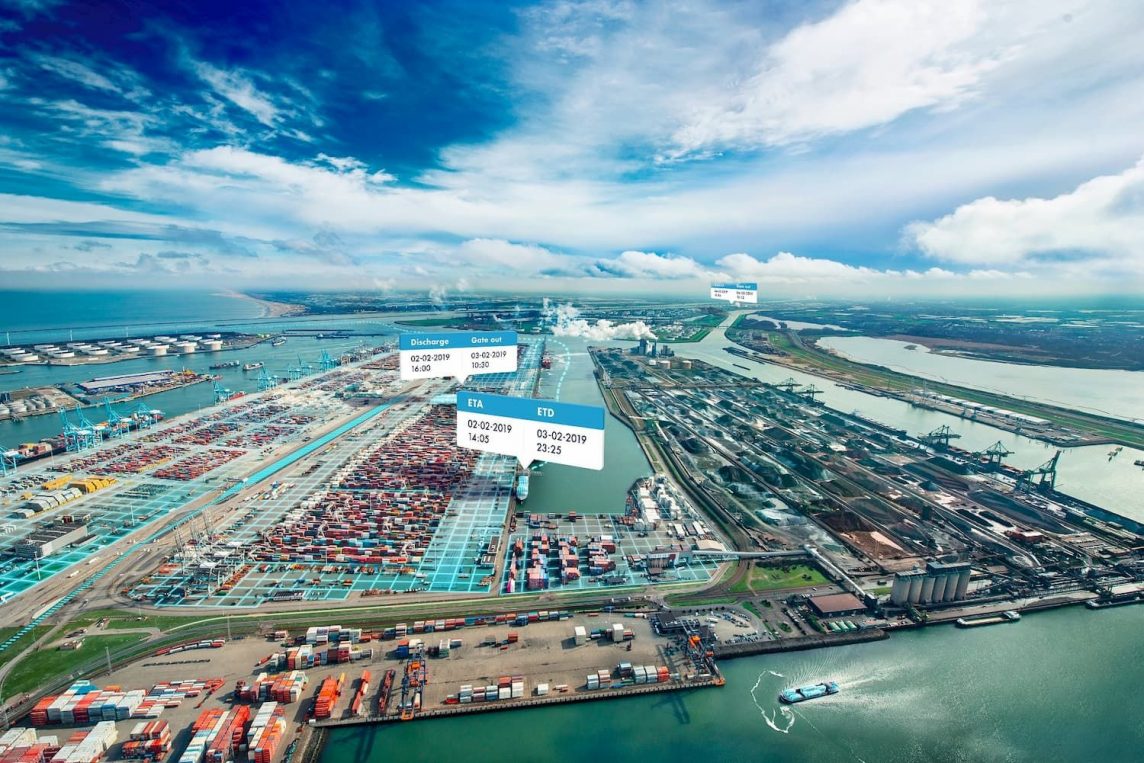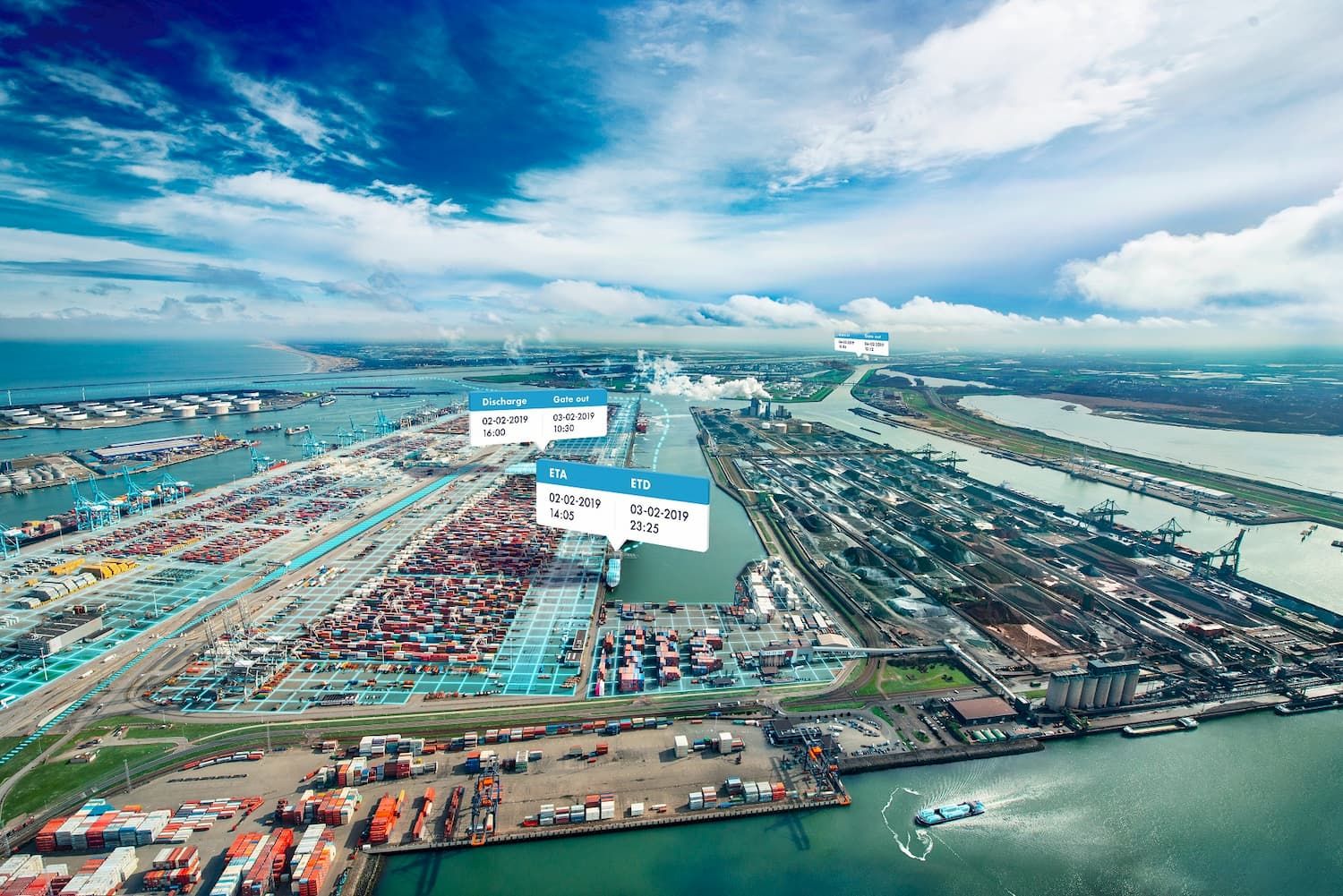
In the first half of the year, Port of Rotterdam’s container throughput increased by 4.2% in tonnes to 67.1 million tonnes and by 2.2% in TEUs to 6.8 million TEUs.
The first quarter already saw a slight recovery in container throughput with this trend continuing in the second quarter.
“This is a direct consequence of an increase in demand for consumer goods,” pointed out a port official. Additionally, there is an early peak season as importers order their products earlier than usual due to longer sailing times and fluctuating sailing schedules.
Moreover, roll-on roll-off (RoRo) traffic decreased by 4.1% to 12.8 million tonnes due to a weak UK economy. The other breakbulk segment fell 10.5% to 3.1 million tonnes. This is due to the containerisation of general cargo and the shifting of various cargo packages to other ports.
Source: Container News







